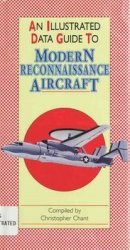With Great Britain pushing America hard in an attempt to end American trade with the French enemy, America needed a firm response. President Washington sent Chief Justice John Jay to England to negotiate outstanding issues such as the removal of British troops from American soil, payment for ships America illegally seized, better commercial relations, and acceptance of the United States as a neutral nation. Jay was hampered by backdoor politicking, which led the British to believe we were less than serious. Jay had little chance of getting a broad treaty, and in fact got very little. The final agreement provided for the elimination of British control of western outposts within two years, recognized America's claim for damages from British captures of American ships, and gave America the right to trade in the West Indies. If Jay's Treaty accomplished anything, it postponed war with the British for another seventeen years, during which time America grew stronger.
Washington objected to some of the treaty and hesitated in signing it. When he felt that it might get a favorable hearing, he sent it to the Senate, which ratified it 20-10. Republicans protested vigorously against the treaty; in areas they controlled it was very unpopular. Cries went up of "Damn Sir John Jay! Damn anyone who won't damn John Jay!" Yet the treaty accomplished some good: Arbitration was a valuable precedent—you don't need to go to war to address differences between nations. Jeffersonian opposition notwithstanding, a war with Great Britain in the 1790s would have been very dangerous for the nation, win, lose or draw. Furthermore, Jay's Treaty led indirectly to Pinckney's Treaty.




 World History
World History









